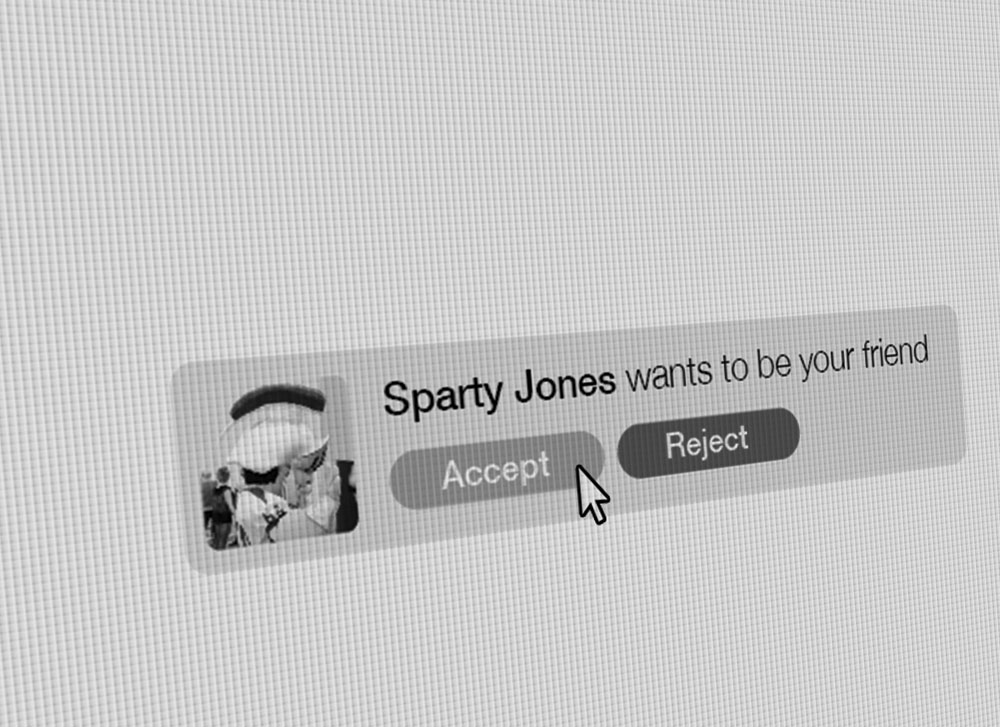
My phone lit up with a notification from Facebook. It was a friend request, but from an account I didn’t recognize. My thumb hovered over “confirm.”
I was torn. I had 20 mutual friends with the account and the user claimed to live in Northbrook, but the profile picture looked suspiciously fake. Then I glanced at the words at the top of my screen: “Only accept friend requests from people you really know.” After some thought, I decided not to accept the request.
Other students have faced this same dilemma. However, some may not be worried about the prospect of “friending” an unknown account on social media. After all, how much harm could being friends with a fake account do?
As it turns out, a lot.
According to a study published by the Journal of Service Science Research, fake accounts are a way scammers perform data attacks on unsuspecting users.
The repercussions of befriending a fake account can be severe. According to the study, victims are now vulnerable to privacy breaches. Since the fake account is now entrenched in a giant social media circle, it could publicize suspicious websites, post virus-laden links and do other unsavory things that come with the territory of being Facebook friends with a fake account.
So next time your phone pings indicating a new friend request, don’t just blindly click “confirm.” Read the words at the top of your screen. They’re there for a reason.

